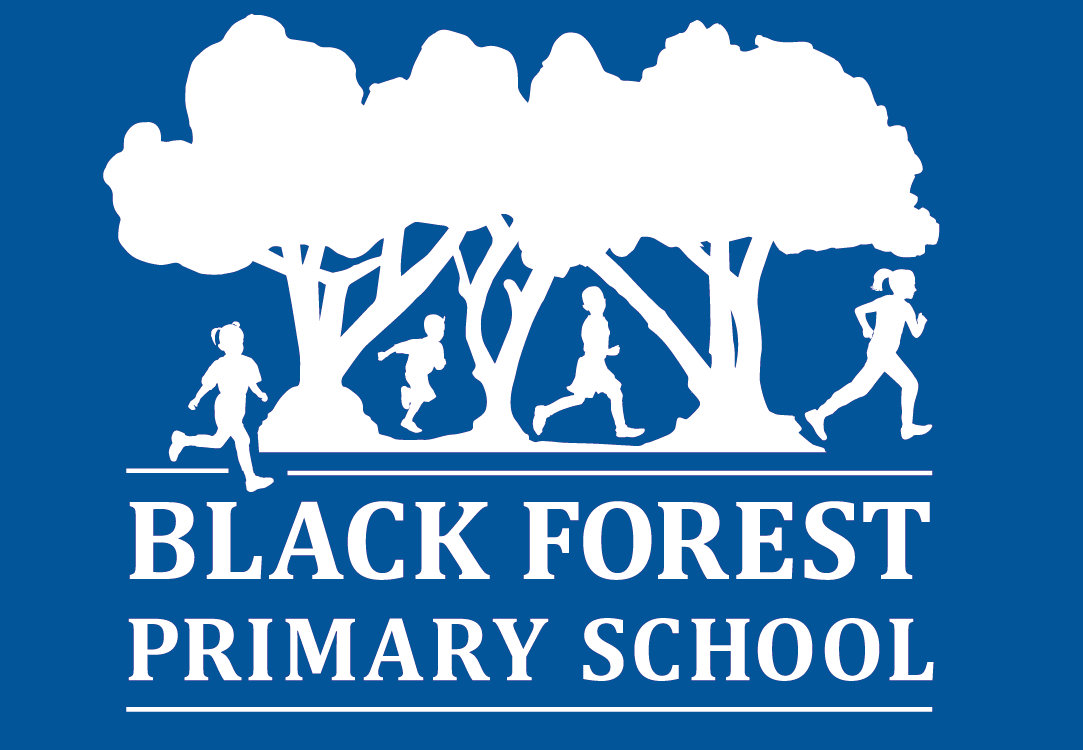Inclusive Education & Student Support
Inclusive Education
At BFPS we hold high expectations for all of our students and aim to meet every child’s individual needs. We strive to provide high quality, engaging learning for all of our students. This includes the extension of highly successful students as well as identifying gaps in student learning for early intervention. Every child is entitled to an education that guides them to reach their full potential.
Through data analysis and evidence based assessment practises, teachers monitor the learning needs of all of our students in order to provide relevant and directed learning opportunities. One on one support is provided by our experienced SSOs for students who have been diagnosed with a specific learning disability, which is guided by an individualised learning plan called a One Plan. We also provide a range of targeted intervention programs across Reception to Year 7 in both Literacy and Numeracy. These programs are specifically targeted to provide the explicit support that each child needs in order to build their skills, knowledge and understanding in the areas most needed.
One Plans
Students receiving a time allocation for support in line with their verified learning disability, will receive this time for 1:1 support in the classroom. The teacher and SSO will work with both leadership and the family to develop an individualised learning plan called a One Plan. This document will outline the learning achievements, specific goals and strategies that will be employed in order to meet the students’ needs. The classroom SSOs will work in collaboration with the classroom teacher to develop the essential skills and understandings outlined in their One Plan.
Intervention Programs
BFPS Intervention Strategy
Outlined in the document above is everything you need to know about how Intervention is set up, implemented and reviewed!






